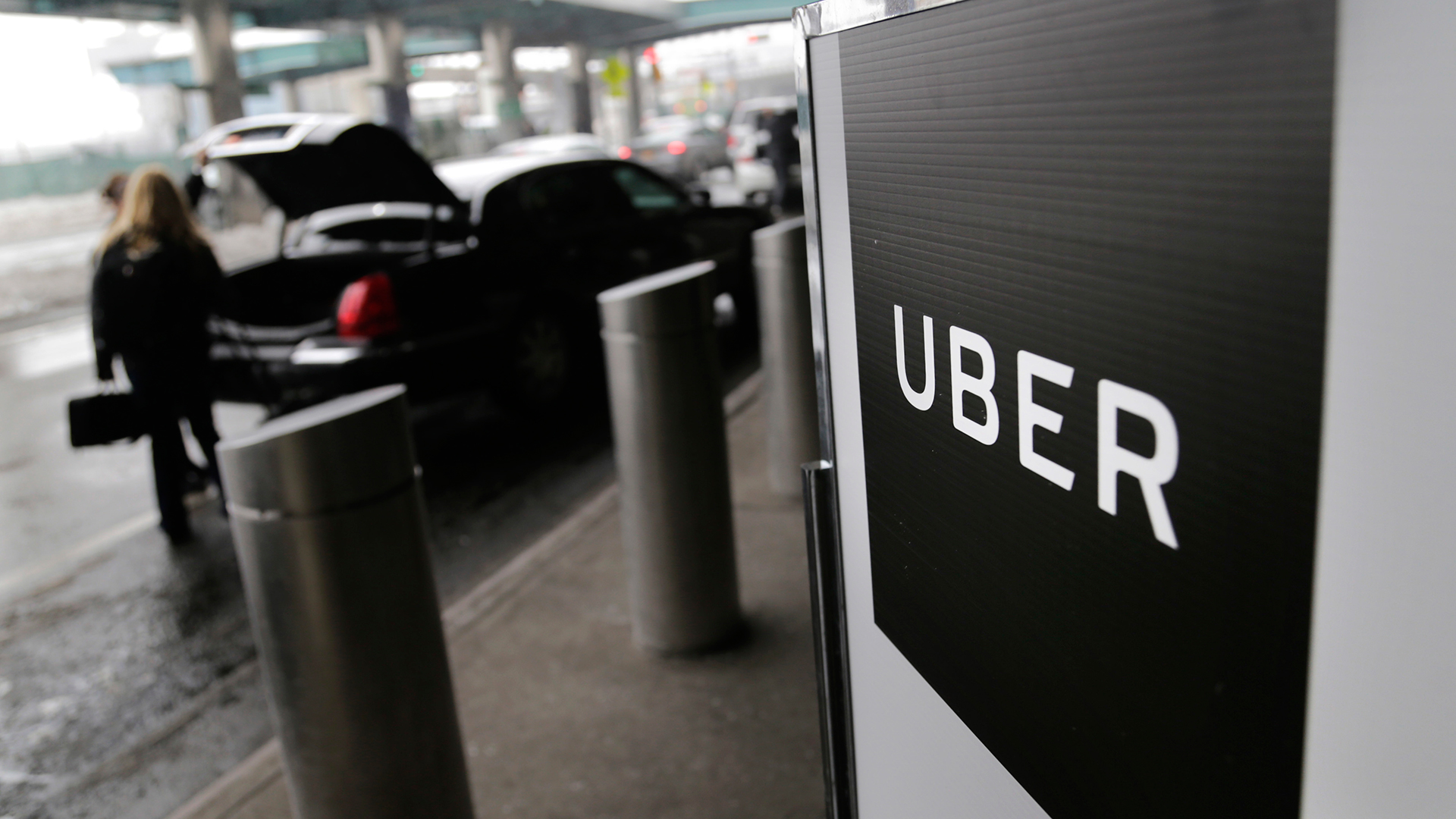

Uber saw major sales growth in 2016, but also took heavy financial losses. The ride-sharing giant isn’t required to report financial information, but decided to release some of that data to Bloomberg as the Silicon Valley company continues to weather multiple scandals.
The company more than doubled sales in 2016 to $20 billion, according to the information Uber provided to Bloomberg. Net revenue was $6.5 billion, while adjusted net losses were $2.8 billion, not including a failed China business Uber sold last summer. That failure cost the company an additional $1 billion, bringing total losses to $3.8 billion.
In the last three months of 2016 alone, gross bookings increased 28 percent from the previous quarter, to $6.9 billion. The company generated $2.9 billion in revenue over the same period, a 74 percent increase over the previous quarter. But over the same period, losses also increased 6.1 percent, to $991 million.
In August, Uber also sold its China business to Didi Chuxing, the largest Chinese ride-sharing company and a fierce rival. Uber decided to sell out to Didi in order to focus on other, more profitable markets. The deal gave Uber an 18 percent stake in Didi, the value of which was acknowledged in the financial information released to Bloomberg.
While Uber noted that its sales growth is outpacing losses, the company is still spending a lot of money. It’s burned through at least $8 billion since its founding in 2009, according to Bloomberg. Uber says it has $7 billion in cash on hand, plus an untapped $2.3 billion credit line.
Uber did not report first-quarter figures, but a recent survey indicates that ride-sharing customers may be turning away from the company, primarily due to changes in the privacy settings of its app. Uber has also faced a seemingly unending stream of bad publicity since the beginning of this year, with scandals including allegations of sexual harassment, a lawsuit over self-driving car tech, and alleged use of so-called “grayball” software to circumvent regulators.